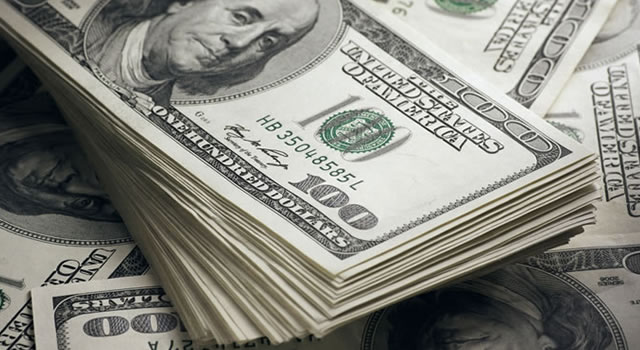Business
Nigeria’s external reserves decline as Egypt, South Africa, Ghana lead in reserves per capita

Nigeria’s external reserves plunged to $35.633 billion despite strong run of oil price, with the country shedding $565 million.
As the country’s external reserves dip, Nigeria also queued behind Egypt, South Africa, Ghana in reserves per capita.
Within two weeks, the external reserves fell from $36.198 billion reported on February 1, 2020, to $35.633 billion as of February 15, plunging beyond the $36.34 billion of January 26, which was when the decline started.
According to figures from the Central Bank of Nigeria (CBN), the country’s external reserves had began the year at $35.65 billion, appreciating to $36.52 billion as of January 25, 2020.
Rise in crude oil prices, partial global economic recovery amid optimism over the discovery and distributions of COVID-19 vaccines by most developed economies, had been the reason CBN Governor, Godwin Emefiele, gave for the four weeks boost in external reserves of January.
The CBN has now credited the fall in external reserves in the first two weeks of February on lower foreign exchange receipts, as well as interventions sustained to stabilise the exchange rate.
Read also: Nigeria’s external reserves shed $3.17bn in 2020 amid weaker foreign exchange earnings
This means despite the rise in crude oil price which currently sells at $64.59 – beyond the 2021 budget benchmark of $40 – and the continuous vaccination of persons amid full economic activities, Nigeria’s external reserves is unable to withstand government interventions.
Nigeria lagging behind other African countries in per capita
Nigeria’s reserves per capita is behind the likes of Egypt, South Africa and Angola, all of which have an higher reserves per capita. At a time Nigeria’s reserves per capita fell, that of Egypt rose.
Nigeria’s reserves per capita fell to $169.5, below the $172.60 reported in October 2020, at the same time Egypt’s reserves per capita increased to $342.36, as against the $338.92 in October 2020.
Meanwhile, South Africa’s reserves per capita is $725.49, higher than Nigeria’s figure, while Angola also stayed above Africa’s largest economy with $461.32. countries.
By Fakoyejo Olalekan…
Join the conversation
Support Ripples Nigeria, hold up solutions journalism
Balanced, fearless journalism driven by data comes at huge financial costs.
As a media platform, we hold leadership accountable and will not trade the right to press freedom and free speech for a piece of cake.
If you like what we do, and are ready to uphold solutions journalism, kindly donate to the Ripples Nigeria cause.
Your support would help to ensure that citizens and institutions continue to have free access to credible and reliable information for societal development.






















